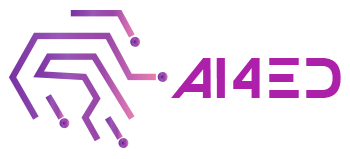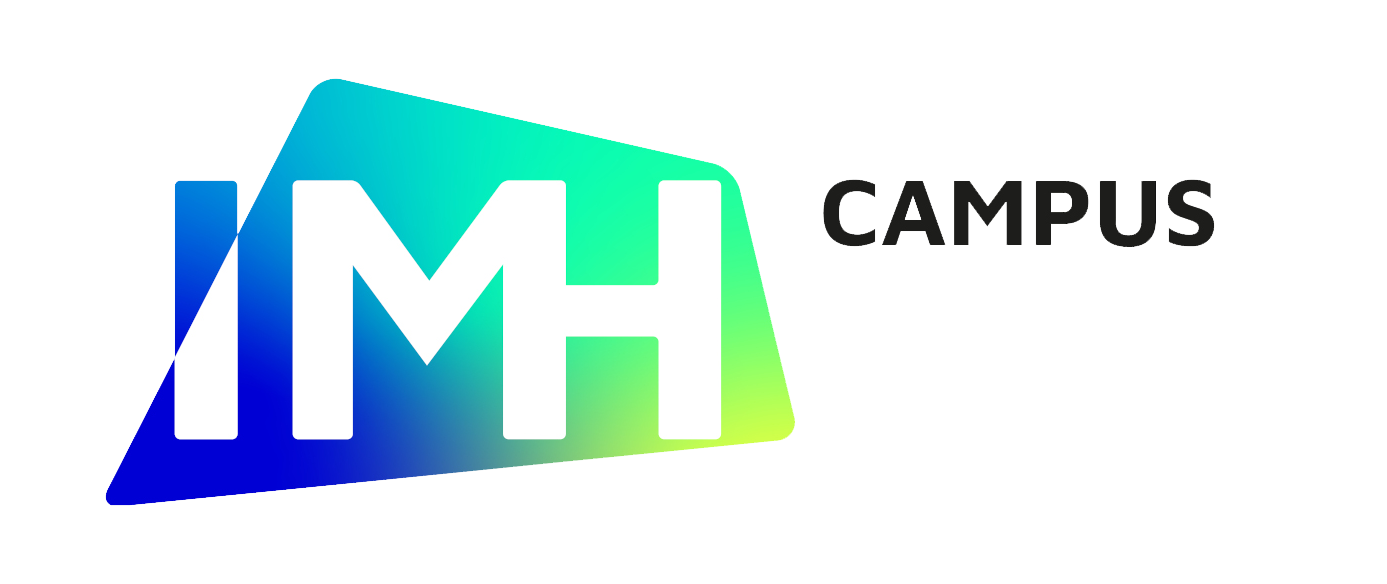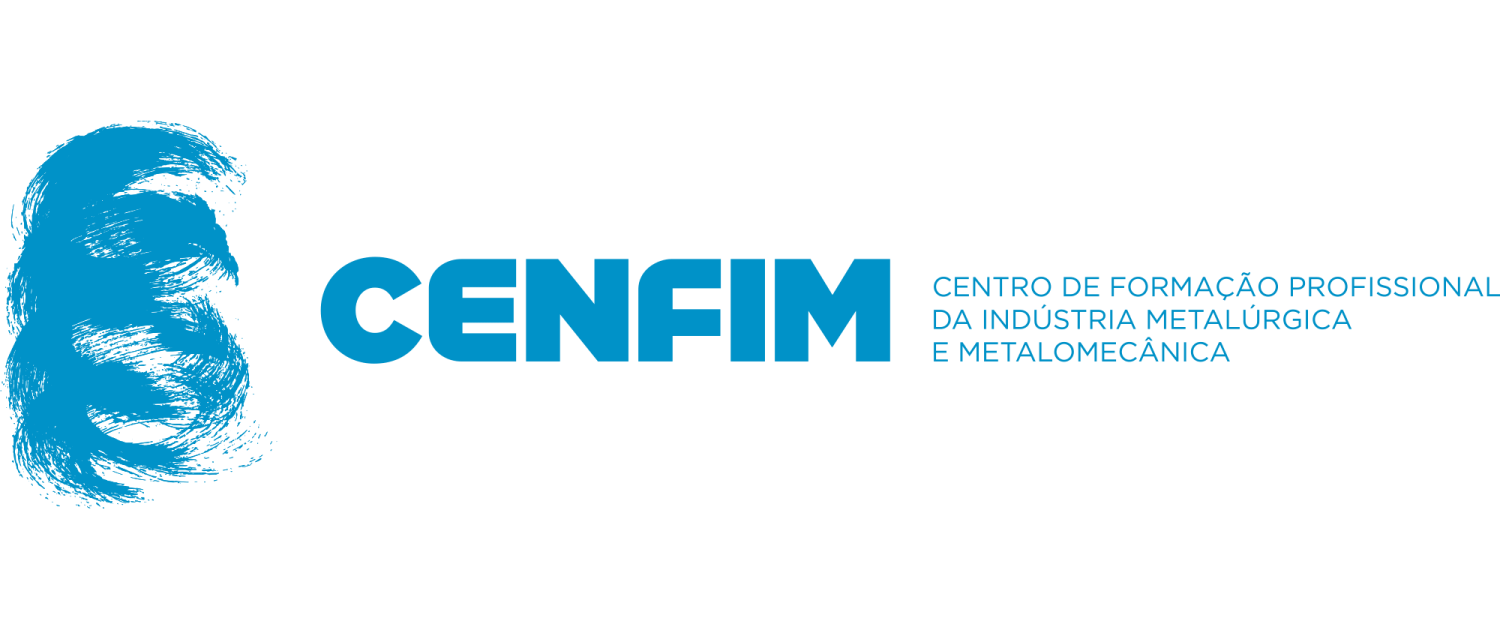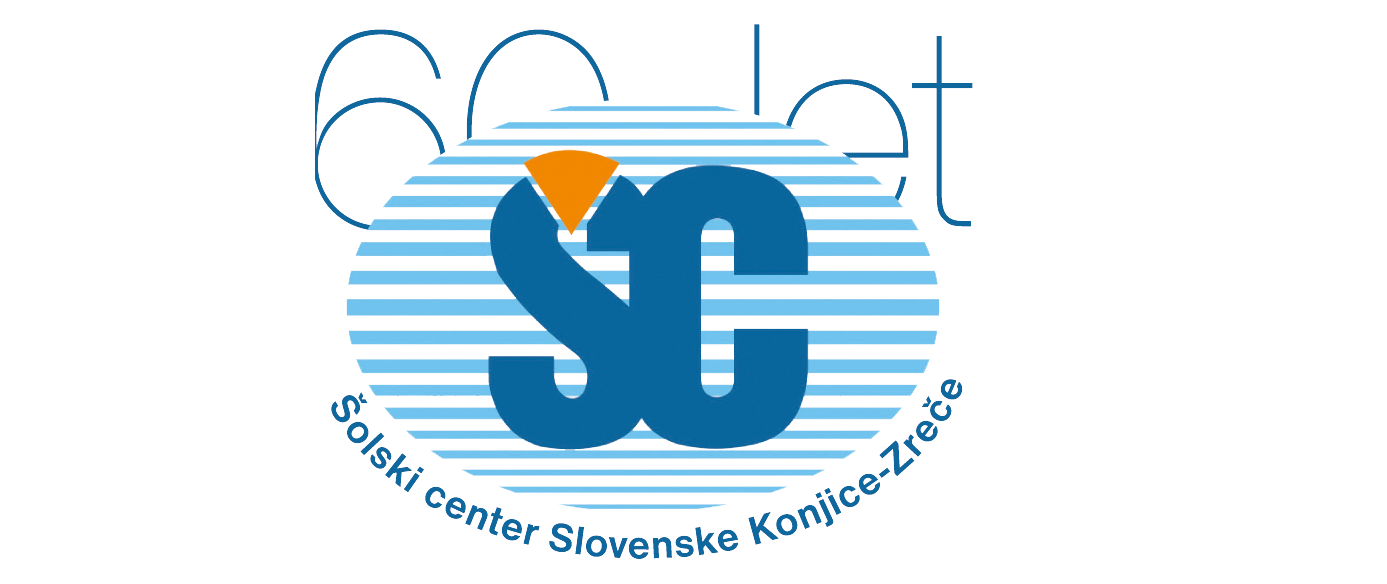PARTNERS.
IMH – Fabrikazio Aurreratuaren eta Digitalaren Campusa
READ MORE
The Machine Tool Institute, is an Advanced and Digital Manufacturing Campus (IMH CAMPUS) that offers specialized, flexible, employment-oriented training, giving priority to the dual model, as well as innovation services for SMEs. The mission of IMH CAMPUS is to contribute to the increase of innovative capacity and business dynamism in the industrial sector in the Basque Country, through actions that encourage the competence development of people and companies. IMH CAMPUS was the first higher education institution in Spain which develop dual education combining on-the-job training and academic studies. From the different knowledge areas that make up the Institute, 100 full-time staff and over 50 collaborators adapt to the specific needs of each company with regards to:
- Dual Engineering University School
- Curriculum Vocational training
- Continuing Vocational Training
- The Centre of Innovation and Transfer of Technology for SMEs competitive development
- Educational Transfer Service for the promotion of technical centres with experience in Venezuela, Mexico, Colombia, Malaysia, China, Indonesia, etc.
- Human Resource Consultancy: as a team of advisers/consultants who focus on providing support to companies in human resources and competence development.
The IMH CAMPUS has worked to stimulate the development and progress of the Advanced and Digital Manufacturing Cluster (AFM). In an increasingly competitive cluster, one must offer adequate training to the youth, paying heed to concrete needs of companies, regarding both skilled professionals, and the area of preparation in new technology.
The Advanced Manufacturing, Industry 4.0 or Digital Transformation are significantly changing the economy and will have an important impact on companies. All, but especially SMEs, have an important challenge to face. In this context, the IMH is developing different strategies to support SMEs. Among these, the development of Workshop 4.0. The IMH CAMPUS has an advanced manufacturing workshop, composed of subtractive manufacturing technologies such as additive manufacturing (including three metal technologies), with space for CNC demonstrators such as robotics and vision, in a digitized environment. The development of the competencies that face these challenges and the learning capacity of people are key factors. Therefore, in addition to what is learned (from their reality, STEAM professions), how to learn is also crucial. Within the framework of this project, the IMH CAMPUS can contribute both, technological (what) and methodological aspects (how, with dual training and learning based on problems and projects), focusing on people and their competencies and on the needs of companies, especially SMEs.
The IMH Dual Engineering University School is a centre attached to the University of the Basque Country (UPV/EHU). Students are prepared to innovate the company’s processes and/or products. They join the world of work during the learning process, training according to the needs of the company and adapting to the job. It is the first state centre to develop dual university training (with teaching experience since 1996) and has been part of the UPV/EHU since 2011.
Institut Technik und Bildung (ITB)
READ MORE
Institute Technology and Education (ITB) offers degree courses at Bachelor and Master levels for Vocational Education and Training (VET) teachers.
The Bachelor programme qualifies students for future occupations in practice and research in non-school career areas, as well as for continuing with postgraduate studies in the Master programme for teachers (Lehramt) at vocational schools. Students pursuing careers as teachers at state schools are taught knowledge and competencies in subjects taught at vocational schools, i.e. metals technology or electrical engineering/computer science, including subject specific didactics and a subsidiary subject, as well as studies in education/career training.
The department qualifies via a Master of education for the teaching post at professional schools and for an occupation in the school occupational fields in practice and research. The master study is offered with the subjects to commercial-technical sciences electrical engineering informatics or metal technology.
ITB (approx. 60 employees) has been working in Research on Vocational and Higher Education and Training since more than 25 years. It is one of the largest independent research facilities on this topic in the world. It focuses on the interaction of work, technology and education and on people’s influence on this triangle, aiming at a close interaction between reforming vocational education and training and innovation in work and technology. Thus holistic mindset always guides the research activities between theory and practice to develop, implement and/or prove applied teaching and learning (e.g. innovative concepts and methods and target groups) and its structures (e.g. curricula and learning venues). Therefore, the research is based not only on multidisciplinary (e.g. cooperation between educational researchers, professional scientists, engineers, psychologists, economics), but also on internationality. The institute conducts a wide set of research and development projects on regional, national and international level.
AlchemyML | Alchemy Machine Learning
READ MORE
Alchemy Machine Learning’ is a spin off of ‘Skootik’, a company with almost 10 years of experience integrating AI solutions in different sectors. From this expertise, a few years ago it began to develop an AI product, which was supported by Bic Gipuzkoa and the Provincial Council of Gipuzkoa, and which would lead to the creation of the company Alchemy Machine Learning S.L. in 2018. In this company it was intended to shape an Artificial Intelligence and Machine Learning tool, to put it at the service of companies.
AlchemyML SL has inherited Skootik’s years of experience in the field of Machine Learning. Learning through data will be the key aspect for companies to compete in a dynamic environment.Artificial Intelligence, and specifically Machine Learning (ML), are the technological trends that will enable this and will have the ability to revolutionize many industries. Today, in addition to working on its own product, AlchemyML develops AI solutions for companies in many different environments, such as energy, industry and education.
AlchemyML is based in the Science and Technology Park of Gipuzkoa, where it interacts with the innovative ecosystem of the Basque Country, being able to find synergies and funding.
CENFIM
READ MORE
Vocational Training Centre for the Metallurgy and Metalworking Industry, was created in January 1985 in Portugal, under an agreement between the IEFP – Employment and Training Institute (representing the Portuguese Government), AIMMAP- Association of Metallurgical, Metalworking and Related Industries and ANEME – National Association of Metallurgical and Electromechanical Companies, (representing the Portuguese Employers Associations from Metallurgical, Metalworking and Electromechanical Industrial Sectors). CENFIM is a non-profit organization acting at a national level with a network of 13 regional Centres covering the whole country.
CENFIM runs training courses for Apprentices (Initial training mainly in dual certification) and Workers (lifelong learning programs, mainly modular training), in technical and management areas. Its connection with the Companies of the sector is very strong and extensive, with whom it seeks to have a direct contact through it regional training centers that are spread throughout the country. In 2021 there were 15.869 trainees, which attended 1.082 training courses with a total of 218.894 hours of training.
Since 1996 CENFIM cooperates in a continuous base in the framework of the vocational training with the PALOP’S (Portuguese Speaking African Countries) – mainly in Angola and Mozambique. CENFIM participates in a regular way in the WorldSkills championship, where several medals have been proudly achieved by our students, and where CENFIM Technical board are member of the jury in the different professional skills in all the events.
Starting in 1989 with its first European project, as coordinator and Partner, has participated in more than 100 Projects with more than 200 partners in different European Programmes such as Petra, Force, Euroform, Now, ADAPT, Youthstart, Connect, Leonardo da Vinci, Socrates, EQUAL and Lifelong Learning Programme – Comenius, Grundtvig, and since 2014 in Erasmus+. Its participation has focused in several areas, in the pedagogical, but also in technology, new and innovative approaches and trying to be focused on the interconnection and intervention with Enterprises which it serves.
Novice
READ MORE
School center Slovenske Konjice-Zreče is a public institution founded by the government of Slovenia, municipality of Slovenske Konjice and municipality of Zreče. We perform educational programs for youth and adults, counselling for companies, mostly SMEs. The school center is organized in three units: Grammar school, Vocational and technical school and adult education and counselling.
Our mission is assuring high quality educational programs for youth and adults in the fields of vocational, technical and general education and also encouraging long life learning. We try to fulfil wishes and needs of individuals; we actively cooperate with local industry and local communities. Professional technical trainings and education is performed in Zreče in the workshop of Vocational school. Programs are prepared individually for every customer or employer. Such programs are close to employment needs, and this is their big advantage.
In 2016, we set up a teaching and fabrication laboratory based on the fab-lab model. The main purpose is to give students and adults access to new skills, digitisation, virtualisation, 3d modelling, personalisation and prototyping, while at the same time, with the available staff, we are bringing new skills into the school curricula and developing new modules and programmes.
UNIZAR
READ MORE
The University of Zaragoza is a public teaching and research institution which combines almost five centuries of history (since 1542) with a constantly updated range of courses. The University of Zaragoza has more than 30,000 students; 5,100 teaching and research staff and over 1,800 administration and service staff.
It offers courses in all areas: Arts and Humanities, Engineering and Architecture, Experimental Sciences, Health Sciences, Social Sciences and Law. Students can choose between 54 Bachelor’s degrees and, in terms of graduate studies, 55 master degrees and 45 doctoral programmes, in addition to 90 specific courses (postgraduate degrees and specialist diplomas) corresponding to UNIZAR lifelong learning strategy.
The University of Zaragoza’s international commitment is based on mobility programmes for students and personnel, double-degree programmes, bilateral and multilateral agreements, research projects and worldwide university cooperation projects for development.
EDUCAVIVA, The Educaviva research group. The general objective of Education and Psychological Processes is to develop quality research in the educational field based on lines of research that combine psychological processes with the educational context and the practices that are developed in it, with special emphasis on the transfer of this research to the applied field.
The emphasis of the research is placed on the socio-educational field, and from it lines are woven that are related to cognitive, linguistic, emotional and personal processes in areas such as school coexistence, special educational needs, positive development or the education of children. adults, entrepreneurship or career guidance.
From them, improvement practices are developed and related that can start from educational innovation practices (ICTs, inverted classroom, case methodology), improvements in communication and performance skills, both in students with special educational needs and with groups specific (music students). All of this connecting quality scientific production with innovation and transfer (both at the university level through participation in three research master’s degrees), and in response to other demands, both social and from the educational Administration itself.








